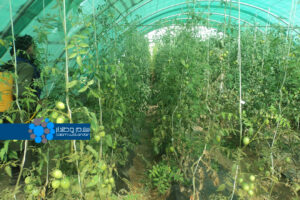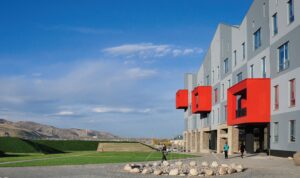KABUL (SW) – A number of residents of Kabul, expressing complaints and concerns about the shortage of drinking water, say they are facing many difficulties in securing water.
Qasem, a resident of the “Kolula Pushta” area of Kabul, who uses the government water supply, says that water comes to the pipes in his area only once every three days. He adds: “We take four to five barrels, and after that, we don’t have access to the water we need. We want more water pipes to be added.”
Azim, a resident of the “Shahrara” area of Kabul, also says that all residents of this area are facing a water shortage. “In Shahrara, all the wells have dried up. These problems are not only affecting us; everyone is facing these problems.”
Ahmadullah, a resident of the “Parwan II” area of Kabul, urges the de-facto government to provide the people of the capital with access to drinking water.
He says: “I dug a well 120 meters deep; it dried up. There is also a pipe in the mosque; the water has decreased, and it’s no longer distributed to people. People used to get water from the hospital, but now the owners no longer allow them to take it. There is a water shortage, and if the government digs a deep well for the people, it will improve the situation.”
Previously, officials of the Islamic Emirate de-facto government has repeatedly stated that one of their plans to address the water shortage in Kabul is to transfer water from the Panjshir River to Kabul. However, Hakimullah, a 70-year-old resident of Kabul, complains about the delays in the Panjshir River water transfer project.
He says: “In the area of Deh Afghanan, people have to wait for hours to fill their water tanks. Since the time of Dawood Khan, they have been saying that the water of the Panjshir River will be transferred to Kabul in three months, but these discussions are more political than practical.”
Meanwhile, officials of the state-run water supply and sewerage company say that they have plans in place to supply water to Kabul’s residents.
Motiullah Zahedi, the head of the company, says: “In the short term and in emergencies, we are using wells, and in the medium term, we have projects, one of which is in Qargha and is nearing completion. We also have another project that was suspended but is now being revived, and it’s a long-term project that involves transferring water from the Panjshir River to Kabul.”
However, some environmental experts say that to prevent water shortages in the capital, Kabul’s underground water resources should be strengthened.
Sayed Ahmad Sulaiman Khel, an environmental expert, says: “Underground water resources must be strengthened, such as activating underground water systems and utilizing injection wells. People also need to be educated not to waste water, and farmers should use underground water less, as overuse causes water shortages.”
It is worth mentioning that earlier, the United Nations Children’s Fund (UNICEF) in Afghanistan warned that Kabul would face severe water shortages by 2030.
UNICEF stated that the negative effects of climate change are one of the main factors contributing to the significant decline in underground water levels, especially in large cities like Kabul.






